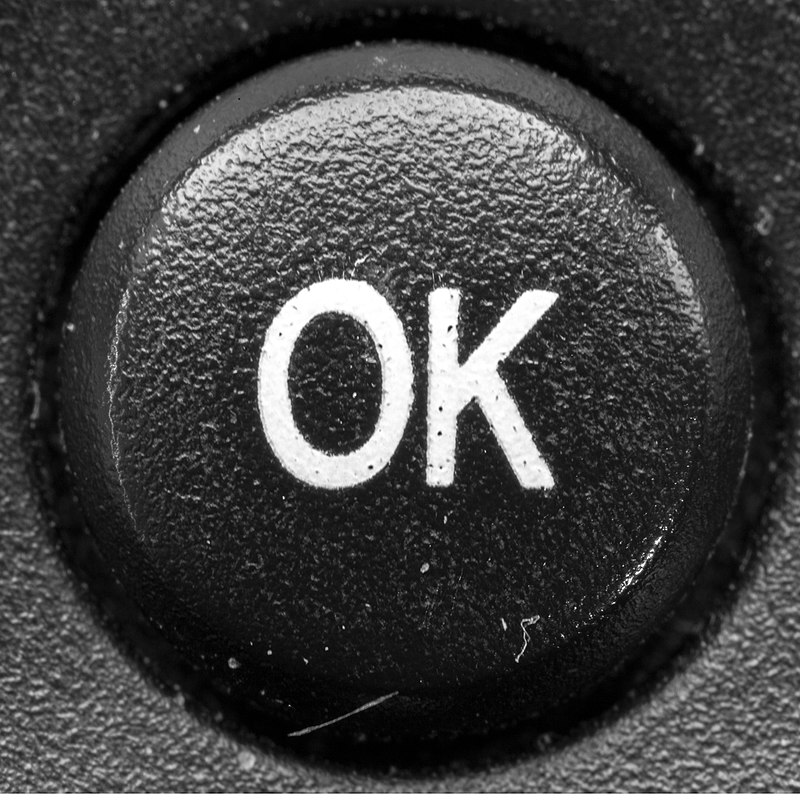I don't know if any CW are required for this but if so suggest them and I will add. I'm not mentioning any particular hateful things; just the presence of them.
An old comrade of mine has fallen into the grips of anti trans bigotry.
It has been happening for 10+ years and I have raised the issue multiple times when we've been together or in touch. They downplayed their investment in the ideas.
Recently I have learned that it has crept into their mass organizing. This person is an excellent, committed, powerful organizer working for years at a local level.
I think they are now getting in to organizing explicitly on anti-trans grounds. They have capacity to be highly effective at this. But really it is the integration of anti-trans stuff into legitimate mass organizing work that is more dangerous. My understanding is that they are seeking to orient these orgs against the interests of trans people and to exclude trans people and even trans-allied people from organizing.
This person made many key political contributions to who I am. Much of the good I have done as an organizer is due to their influence on me. Without them I would have ended up the most insufferable kind of lib. On a personal level, it breaks my heart to see this has happened to a dear friend. I feel compelled to attempt to return the wisdom and patience they afforded me when I needed it, and offer them a better perspective, help them be a better organizer.
I plan to attempt intervention. We live far away from each other but do keep occasional contact. Less so over recent years just due to being on different social media platforms. I could get some correspondence and maybe a phone call to discuss this on the basis of our long standing relationship. I would offer to maintain the dialogue on going if they were willing.
- general advice?
- have you tried this and if so how did it go?
- is there hope?
- some kind of FAQ covering anti-trans misinformation; more in-depth and comprehensive would be better (for me to read)
- writing/ideas aimed specifically at communists/socialists
- theory to understand trans* from marxist/materialist perspective
- I know this sounds stupid but they already have theory to hate trans*
- This person is coming at it from a TERF (as in actual old school radical feminsm) perspective, not a right-wing/fash perspective
- The idea of "bourgeois decadence" is important here. It's not something I ever found to be very compelling so I don't have much analysis to counter it.
Of course I have my own ideas and knowledge but I'm sure all of the above has been perfected so I want to make sure I have the best at top of mind.
This person is pretty stubborn, as required to be a lifelong revolutionary. So I know I'm not going to turn the ship around in one conversation. I am considering strategy of reformism or harm reduction. For example if I could convince them to avoid bringing these ideas into their organizing, even while still holding them privately, it would be a benefit.


I'm only speaking for myself, but the impression that I get from the term "bourgeois decadence" is essentially that someone is so rich that thon can just flout social norms more or less without consequence, and that because the bourgeoisie already necessarily oppresses the proletariat in order to exist, that capitalists are going to be shitty people who will desire to disregard social norms more than proletarians.
The problem comes when someone acts like every instance of a rich person using their wealth to flout a social norm is "cut from the same cloth" — this is an uncritical way of looking at social norms. In truth some social norms which are widespread among the proletariat do serve the interests of the class, but many other social norms have been imposed by the bourgeoisie (or just as well inherited during proletarianization and never unlearned), and many other social norms still have some aspects which are beneficial and some aspects which are harmful to the proletariat. To figure out which social norms belong in which categories, one needs to actually analyze the roles that these norms play in society in context.